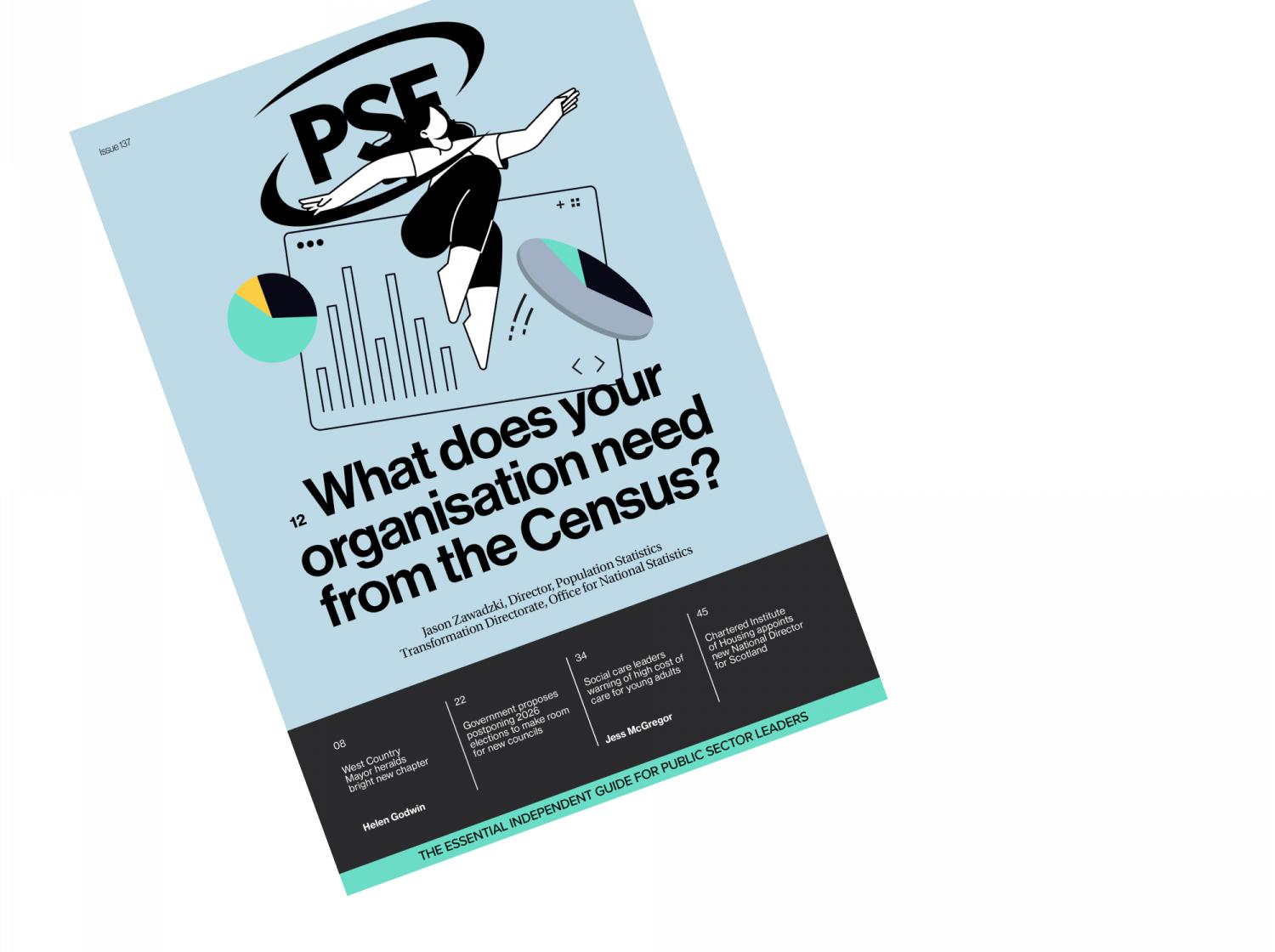There’s no doubt that public cloud has acted as a catalyst technology for organisations that are embarking on digital transformation. But despite some well understood targets, ambitions, opportunities, expectations and trends it remains the case that the technology has not yet universally changed the way public sector operate.
This notion is supported by the Government Transformation Strategy and the National Data Strategy’s five missions sets out a desire for unlocking value, fostering trust, resiliency and security. Coupled with a mission to champion the international flow of data, the appetite is there. But without the right governance and strategy around data, can we realise the potential of data to transform service outcomes? The answer is no. The even bigger question is ‘why isn’t this happening?.’
One possible answer lies in the inherent complexities in the multi-generational and multi-platform nature of the UK’s public sector which has led to most business-critical data remaining siloed in the applications that created it. Therefore, ‘on-premises’ has become the convenient storage default rather than there being a greater design for data.
With multi-generational in mind, it could also be because public sector bodies designed their processes around the use of manual, paper-based data collection. Simply shifting this to an online form often doesn’t consider the wider transformation opportunities to modernise, simplify and transform the service design and user experience.
On the other hand, those in the pursuit of a cloud-first strategy for transformation are centralising data lakes in the public cloud at a time where data is growing exponentially at the edge. This demands a more distributed approach of which a cloud-first strategy does not consider. According to Gartner, 75% of enterprise data will be created outside of traditional data centres and public clouds by 2025 – a staggering statistics that must be considered in organisation’s data modernisation journey.
There are a multitude of reasons that perpetuate the data challenge. That’s why we embarked on new a journey to investigate the public sector’s complicated relationship with data. This resulted in our documentary series, House of Data. A couple hours of interviews with people driving data change, with a sector-wide survey and we established a need for data modernisation and transformation.
Our House of Data Public Sector Strategy Research Report 2023 highlighted issues related to skills shortages, budget allocation and concerns about where sensitive data ought to be stored. Perhaps the most startling statistic however is the answer to the very first question we asked.
Q. Do you have a policy strategy on how you use data?*
*Outside of data protection and data privacy covered under legislation
45% of public sector organisations do NOT have a data strategy**
**We interviewed HPE technologists, Chief Technical Officers and consultants. 72% Local Authorities, 15% NHS Trusts, the remainder for National Park Authorities, Central Government, Police, Higher Education, Education and Bank of England.
So, what are the obstacles to UK public sector organisations implementing a data-centric strategy?
On budget: 67% of our respondents said that when it comes to spending money on data-centric priorities ‘we don’t have enough budget’. 33% went as far to say that they ‘NO specific budget for data initiatives’, suggesting public sector organisations will find it challenging to meet both their operational service provision goals as they relate to data security, retention and availability.
This also tends to suggest that data is considered an ‘IT function’ first, where directives around data are focused primarily on where it is stored, rather than there being any data-specific approach to how data is used to create value. Is it an organisation’s view that data just means storage as opposed to a data-first modernisation view that recognises the intrinsic link between the effective use of data and improving service outcomes?
Any underappreciation of the value of data for an organisation most likely goes hand-in-hand with a corresponding lack of attention to how and where data is stored.
On skills: Another of the recurring challenges across the sector, made even more daunting because of the attractive private sector remuneration pull when it comes to securing IT talent, and in particular data talent. 55% of our respondents stated that ‘we don’t have the required skills’, and the evidence would suggest that responsibility for data falls to the IT staff they currently employ. It may also be that some organisations underestimate the value and importance of the data they collect and store.
Who’s taking responsibility?
Our research highlighted that 35% of UK public sector organisations do not staff data specific roles, nor do they intend to. Who, if anyone, is advising these multi-faceted, multi-disciplined, stakeholder-dependent entities about data as the engine for innovation and learnings, productivity and efficiency, security and governance? And who, in these highly taxpayer accountable times is controlling the growing costs of public cloud?
Making conscious decisions about data
We believe there are a number of considerations and steps organisations can take to make conscious decisions and embrace data modernisations. These include:
- Understand the full lifecycle of data within your organisation from when it is created to when it is no longer needed. This will define metrics and measurement on when data has value and when it becomes hoarding.
- Consider, in an increasingly hybrid, decentralised IT landscape, where is it most appropriate to store and analyse data. This is for both short term operational needs and to support longer-term legislative, regulatory and planning needs.
- If you are seeing a rise in edge cases, consider the value of real time analytics by taking the analytics to the data as opposed to bringing the data to a central data lake.
- Sustainability is a vital consideration when discussing data efficiency. Moving and replicating data has a carbon impact, think about economic and environmental efficiencies in tandem.
Are organisations leaving the opportunity for data modernisation on the table because they simply don’t know where to start? At Hewlett Packard Enterprise, we believe it’s time for public sector organisations to make conscious decisions about their valuable data, if they’re to deliver greater efficiencies and provide better outcomes. Just collecting data is no longer enough. Seeing data as a fundamental building block for redesigning the organisation to be citizen-centric, outcome-based, and focused on interoperability opens the door to a data-first, data modernisation approach.
Read Our House of Data Public Sector Strategy Report 2023 >
We understand the value of data – a fabric that weaves society together from birth to death. We believe the UK public sector needs a data modernisation approach that recognises the edge-to-cloud reality. If we are going to digitally transform to be more citizen-focussed and outcome-driven then we need a data strategy that surpasses technological siloes and organisational boundaries to benefit from the insight, interoperability, and citizen outcomes that data insight can provide.
We support organisations in this transition. We’re unlocking the potential of UK public sector data, empowering technologists to make conscious data decisions.
Hear from technologists across the public sector who are developing, defining and driving digital strategies in our latest documentary series, House of Data. Watch episode one here.
Hewlett Packard Enterprise is a global technology leader focused on developing intelligent solutions that allow customers to capture, analyse, and act upon data seamlessly from edge to cloud. HPE enables customers to accelerate business outcomes by driving new ways of working, unlocking insights, and increasing operational efficiency.
Image credit: iStock


















